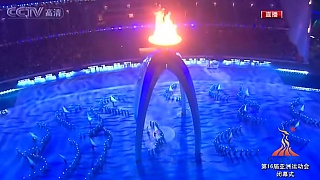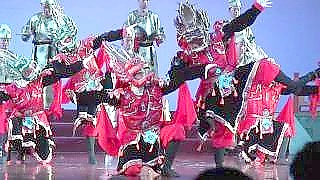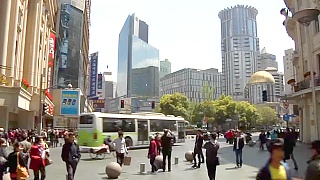A selection of songs from HuNan TV's 'I am a singer' by Gem Tang ...
G.E.M. was born in Shanghai but grew up in Hong Kong from age 4. She is fluent in Mandarin (mainland China), Cantonese (Hong kong and GuangDong) and English.
Here is the musical phenomenon, the incredibly wonderous Gem Tang; she always gives it all ...
Falling (original by Alicia Keys) ...
[640],shadow=true,start=,stop='If I were a boy' 《挑战碧昂丝》 (original by Beyonce) ...
Something goes wrong with the mike or mix just before 45 seconds (lower volume), which must be pretty off-putting, but still the emotion and performance win through, despite a few duff notes (an effort for mix error compensation I would think). These things happen in live shows, and generally HuNnan TV does really good output. Listen to song two for a better measure of voice talent (not to mention piano skills). The mix is a bit off in other ways too, but still, a great turn and a song with an important message, for boy or girl - don't let 'the one' slip away ...
存在 ...
[320],shadow=true,start=,stop=Beyond《喜欢你》 ...
[320],shadow=true,start=,stop=We will rock you / We are the champions (original by Queen) ...
[320],shadow=true,start=,stop=Imagine (original by John Lennon) ...
[320],shadow=true,start=,stop= G.E.M. 邓紫棋
G.E.M. 邓紫棋















